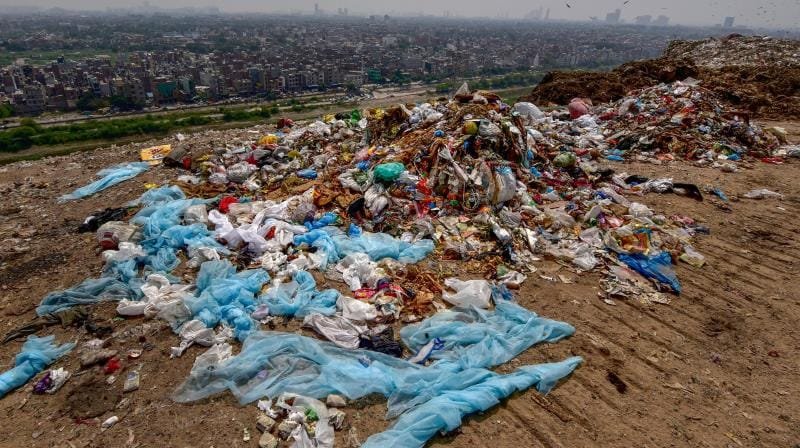A recent audit conducted by the Maharashtra Pollution Control Board (MPCB), in collaboration with the Indian Institute of Technology Mumbai, has shed light on a concerning trend of bio-medical waste pollution originating from common bio-medical waste treatment facilities (CBWTF) across the state.

The audit revealed that approximately 30 CBWTFs are inadvertently contributing to pollution due to the negligence of hospitals in segregating medical waste properly. According to the survey findings, several healthcare facilities (HCF) or hospitals are failing to adhere to proper bio-waste segregation rules during the collection of biomedical waste. This lapse in compliance results in the contamination of bio-medical waste, subsequently leading to serious health risks for citizens residing in the vicinity of these treatment facilities.
The survey encompassed a wide array of CBWTFs situated in key regions such as Deonar, Taloja, Nashik, Chandrapur, Pimpri Chinchwad, Talegaon, Satara, Baramati, Pune, Solapur, Kudal, Lote, and Kolhapur, among others. Despite the critical role of these facilities in managing bio-medical waste, the improper segregation of waste poses a significant threat to both environmental integrity and public health. The findings underscore the urgent need for enhanced oversight and enforcement of bio-medical waste management regulations to mitigate pollution risks effectively. Hospitals must prioritise compliance with waste segregation guidelines to prevent the inadvertent contribution to environmental pollution and safeguard community health.
Addressing the root causes of bio-medical waste mismanagement requires concerted efforts from regulatory authorities, healthcare institutions, and waste treatment facilities. Collaboration and coordination among stakeholders are essential to develop and implement sustainable solutions that promote responsible waste management practices and mitigate the adverse environmental and health impacts associated with bio-medical waste pollution. As Maharashtra grapples with escalating environmental challenges, proactive measures to address bio-medical waste pollution are imperative to foster a cleaner and healthier living environment for all residents. By prioritising regulatory compliance and stakeholder engagement, the state can mitigate pollution risks and promote sustainable development in the healthcare sector. “It is mandatory for HCFs to register with an MPCB’s authorised CBWTF operating in the vicinity,” MPCB’s letter to HCFs stated


